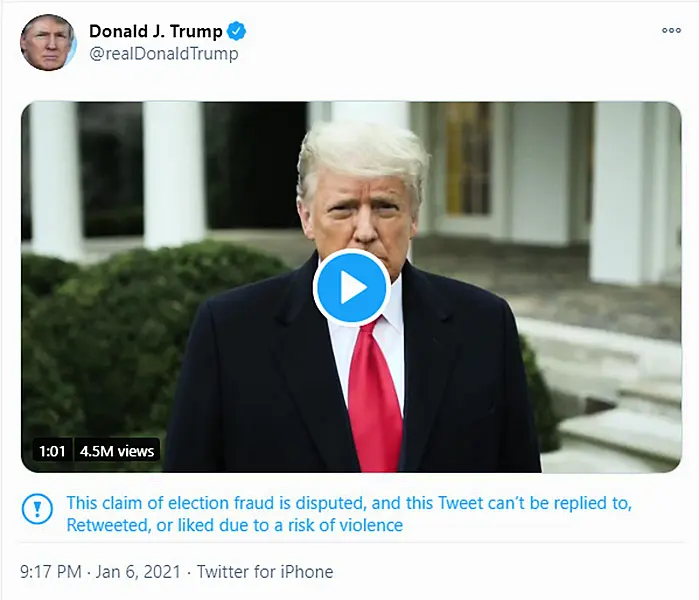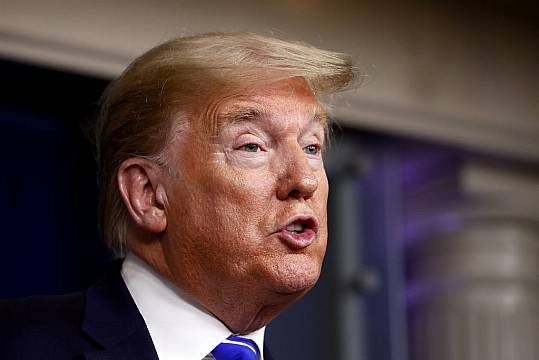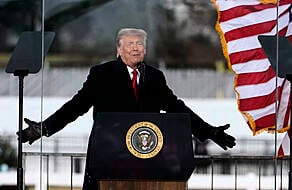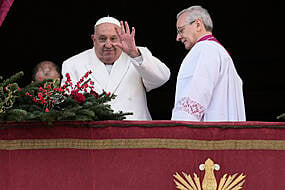Twitter has locked Donald Trump’s account for the first time and demanded he remove tweets excusing violence as it threatened him with “permanent suspension” from the platform.
The site had earlier removed the retweet, like and reply functions on a video in which Mr Trump addressed his supporters who had clashed with police in Washington DC forcing a lockdown at the US Capitol building.
In the video, the president told protesters that they “have to go home now”, adding “we don’t want anybody hurt”, but he also claimed that “this was a fraudulent election”.

“As a result of the unprecedented and ongoing violent situation in Washington, DC, we have required the removal of three @realDonaldTrump Tweets that were posted earlier today for repeated and severe violations of our Civic Integrity policy,” Twitter Safety posted.
“This means that the account of @realDonaldTrump will be locked for 12 hours following the removal of these Tweets. If the Tweets are not removed, the account will remain locked.
“Future violations of the Twitter Rules, including our Civic Integrity or Violent Threats policies, will result in permanent suspension of the @realDonaldTrump
account.”
Twitter had earlier added a warning to the video, which read: “This claim of election fraud is disputed, and this tweet can’t be replied to, retweeted, or liked due to a risk of violence.”
This is an emergency situation and we are taking appropriate emergency measures, including removing President Trump's video. We removed it because on balance we believe it contributes to rather than diminishes the risk of ongoing violence.
— Guy Rosen (@guyro) January 6, 2021
Mr Trump’s since-deleted video was viewed more than 10 million times in less than an hour on Twitter.
Facebook’s vice president of integrity Guy Rosen, meanwhile, tweeted that Mr Trump’s video had been removed entirely from their platform.
“This is an emergency situation and we are taking appropriate emergency measures, including removing President Trump’s video,” he tweeted.
“We removed it because on balance we believe it contributes to rather than diminishes the risk of ongoing violence.”







